What Can the Shock Success of Ukraine's Offensive Tell Us About the War?
Everyone was caught by surprise (even Ukrainians), but only some are capable of using it to understand more
The reason the Ukrainian Kupyansk-Izyum offensive succeeded is very simple. The reason is that on this particular section of the front the Ukrainians had a quantitative and qualitative advantage.
The Russians were manning their right flank from Kharkov to Izyum with low numbers of second-rate troops. Rosgvardia internal (police) troops and Lugansk militias, backed by detachments of Russian army regulars (eg for artillery, air defense, and tank support).
Not only was their front line thinly manned, but the Russians had no mobile reserve close by.
Against these, the Ukrainians struck with 4-5 airborne and mechanized brigades.
There was no stopping the Ukrainians, particularly since they were quite happy to drive into the Russian rear at speed and bypassing Russians defenses — knowing that owing to their numerical superiority these could be dealt with 2nd and 3rd echelons.
Initially, the Russian MoD publicly advertised that it was rushing reinforcements to the sector in large convoys and even with helicopters.


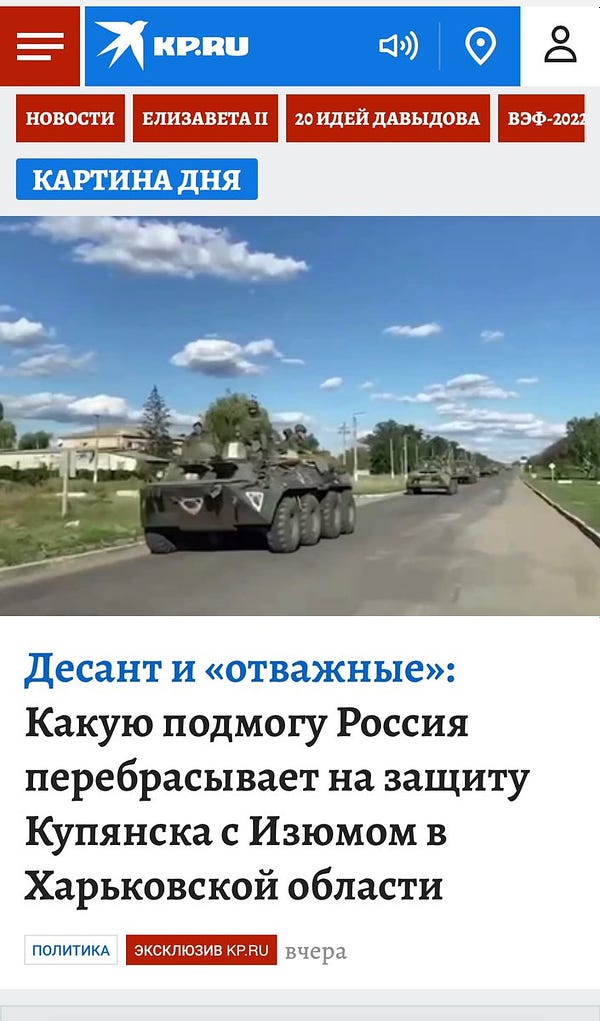
However, the Russians quickly realized that the battle was lost. Even if they had the forces to repel the Ukrainians on paper, these were too far and couldn’t arrive in time to change the outcome.
The decision was made to order a general retreat and avoid an even worse catastrophe. Russia gave up nearly 10,000 sq km, largely without a fight. The fighting was most intense during the first 3 days as the Ukrainians were advancing into depth towards Kupyansk. Once the Ukrainians reached Kupyansk the Russians simply started evacuating everything to the north and south of if, to behind the Oskil river.
The 5D predictions that the Russian mobile reserve would maul the “overextended” Ukrainian spearheads did not come true.
On the contrary. There weren’t even mobile reserves available to even just plug the gaps.
The extent of the Russian “success” consisted of not getting themselves encircled and losing numerous men as POWs.
However, the Russians did leave behind a great deal of heavy equipment such as tanks. Many of these were vehicles in repair centers awaiting maintenance, but also whatever the retreating troops concluded would hinder them during their retreat.
Understand, that while the retreat was ordered by the center it was not centrally coordinated. There was no time for that. Especially around Kupyansk and Izyum this was no organized, phased retreat where large units cooperate to cover each other as they fall back in stages. No, this was a speedy escape where troops raced to reach safety as individual companies and platoons.
This does not stop the 5D ghouls from claiming that the Ukrainians paid for their gains with massive losses. This is transparently false. Where in between abandoning 10,000 sq km and 50-100 tanks in just 5 days would the Russians have had the time to inflict heavy losses?
In fact, Moscow revealed that the loss in Kharkov stung indeed as it all of a sudden started dismantling Ukraine’s electric grid that had been left unmolested for 7 months:

For me the two unknowns that this offensive definitely answered are:
The Ukrainians proved they can handle complex offensive operations.
The Russian Aerospace Forces proved they can’t keep Ukrainians from concentrating massive forces needed for offensives, and then operating those forces in daylight.
Now that we understand what the Ukrainian quantitative and qualitative superiority in the Kharkov region led to, it would be pertinent to ask how did that superiority come about?
A part of the explanation lies in Russian intelligence failure. The Russians failed to assign the proper significance to a Ukrainian buildup opposite of Izyum-Kupyansk and continued to weaken that area in order to prop up Kherson.
The other part of the explanation lies in the fact that over the past several months Ukrainian military power has moderately increased while Russia’s own has slightly declined.
The Russians still have the land forces they started the war with minus the losses they suffered, while the Ukrainians have been expanding their army.
This trend of Kiev adding to its military power while Russia’s stagnates or diminishes slightly will continue until one of these two happen:
Russia starts using conscript manpower
Ukraine hits the ceiling on how many troops it can sustain
Where is the inflection point, where Ukraine’s forces actually outmatch Russia’s all along the battlefield and not just where the Russians help them out by being maldeployed oweing to an intelligence failure?
The staggering success of the Kupyansk-Izyum offensive may indicate that this point is closer than we thought.
The 5D bozos are correct to say that the outcome of one battle is largely “irrelevant”. What really matters is the underlying correlation of forces and the direction in which that correlation is trending.
However, surely outcomes of battles have the potential to reveal something about this correlation of forces?
If the Russians felt they had to cannibalize their positions at Kharkov to this extreme extent in order to properly prop up Kherson does that have the potential to reveal something about their force availability?
Surely if Ukraine launches an offensive that succeeds beyond anyone’s expectations (even Kiev was surprised), then that has the potential to convey new information about the correlation of forces and where it is trending?
Somehow it is precisely the people who were the most adamant that Ukraine could never pull off such a feat, who are also most likely to come up with rationalizations why such a feat warrants no introspection and no reexamination of their assumptions.
It is precisely the people who were caught *the most by surprise* by the success of the offensive who will also be the most adamant that this shock outcome has zero new information value.
Which is why they are the people who are always wrong. Because not even the biggest shocks can force them to evolve their understanding. As a consequence, they exit the world as dumb as they entered it.







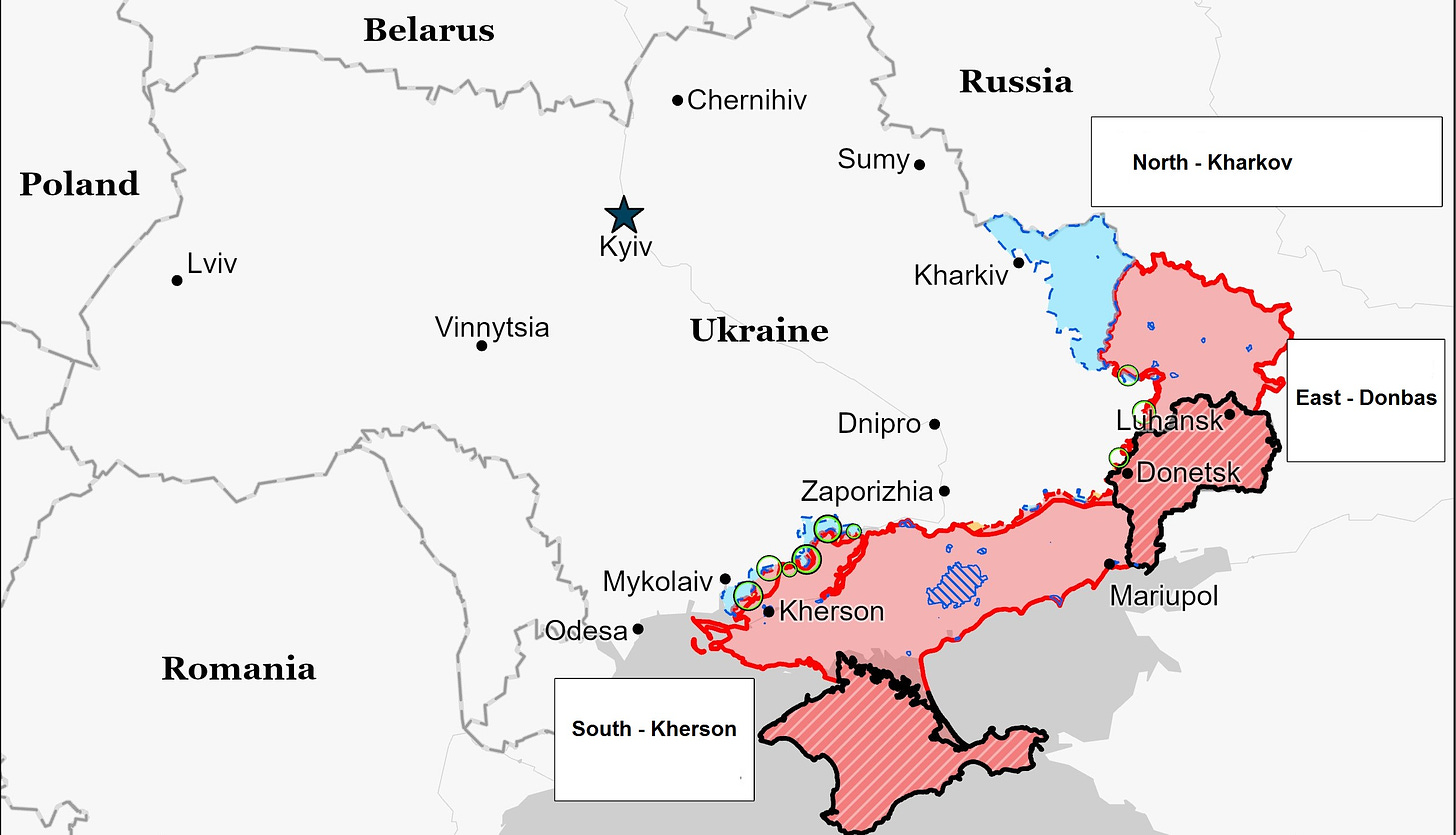






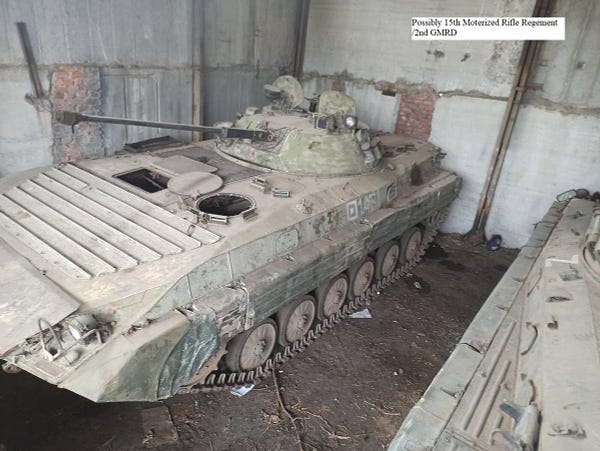
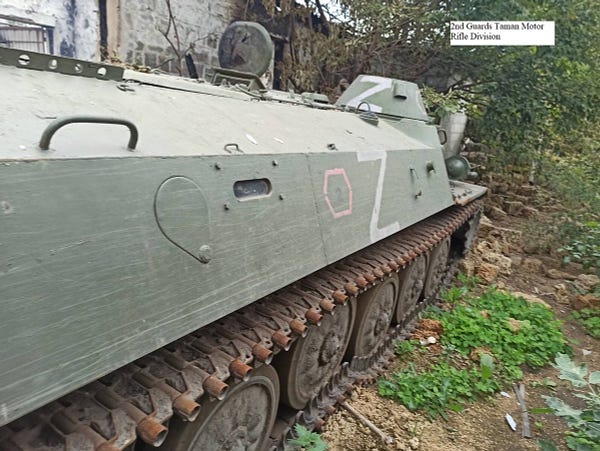
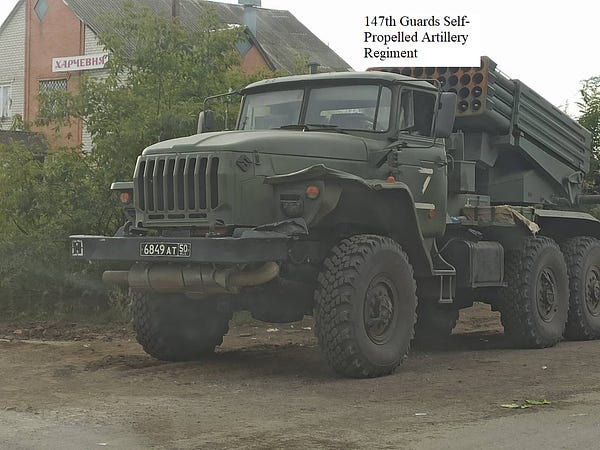
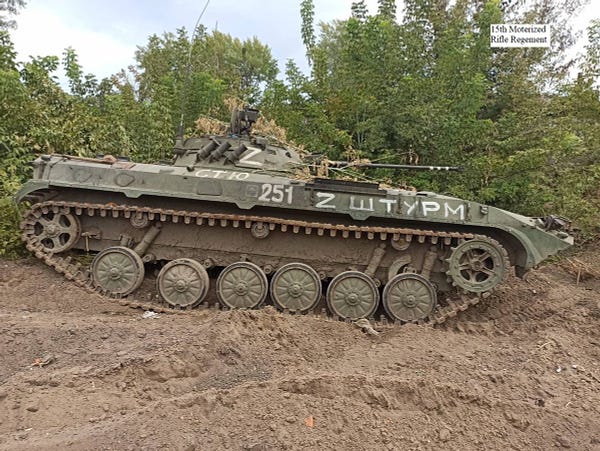

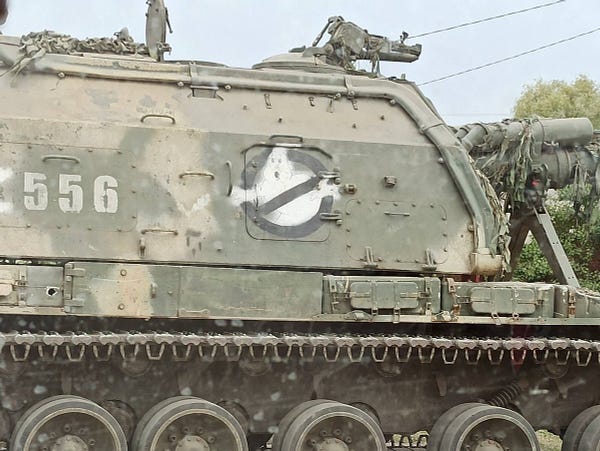
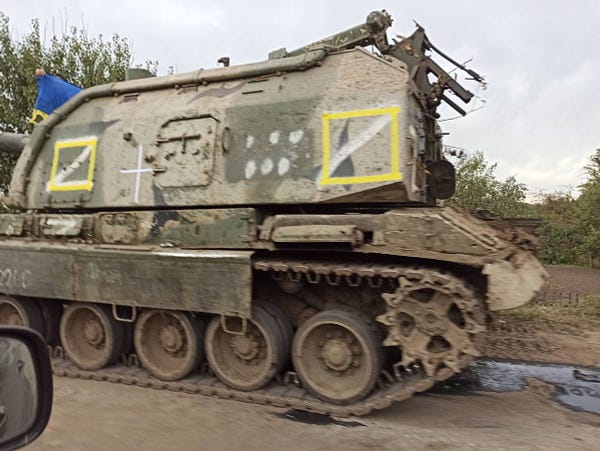
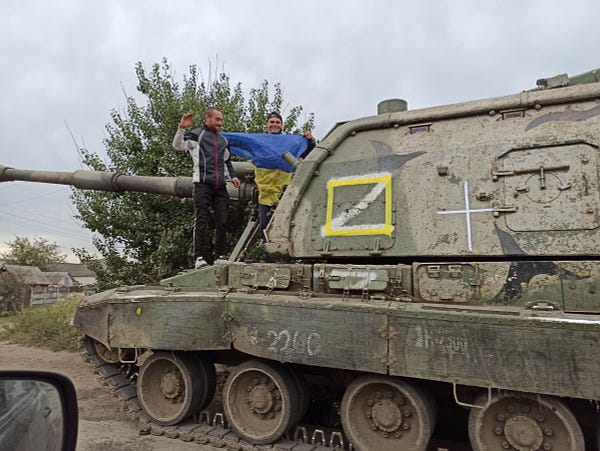
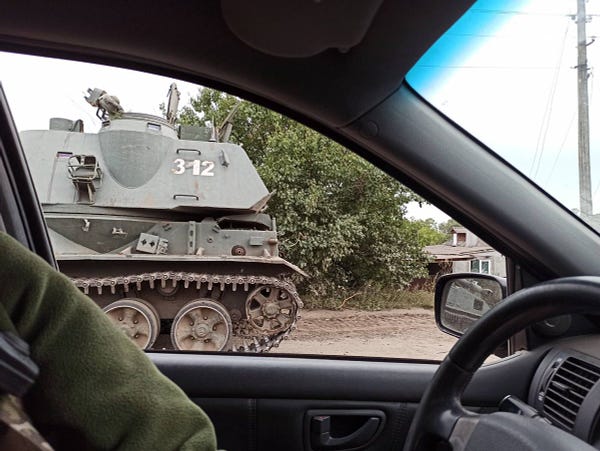

The AFU ebbs and flows depending on the weaponry packages they get as bonuses from the West. They might be weaker in between these shipments. That's all it can be predicted.
Russian forces are "slightly" diminished? What war have you been watching? 1st guards were smashed to shit. VDV is demoralized or fertilizer. 1000s of tanks/IFVs destroyed or captured. VKS has been useless, and hundreds of downed planes and choppers. The 3rd army Corps they rushed in as reinforcements were drunks, old guys, cripples and prisoners - and performed accordingly.
Russia is a lot more than slightly diminished - closer to 'almost finished'. .